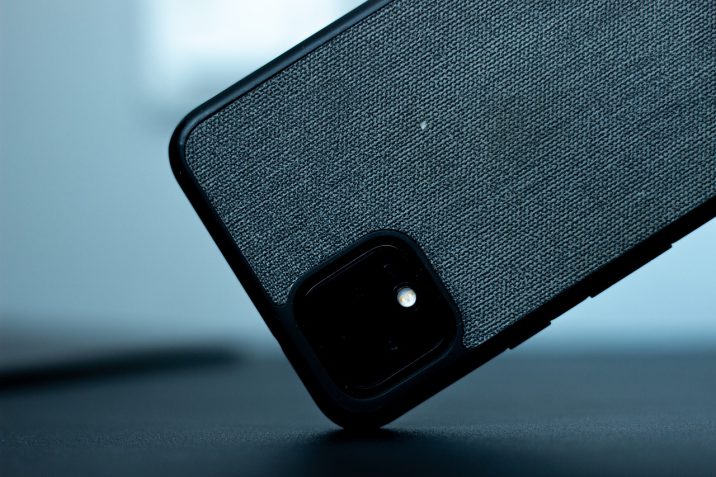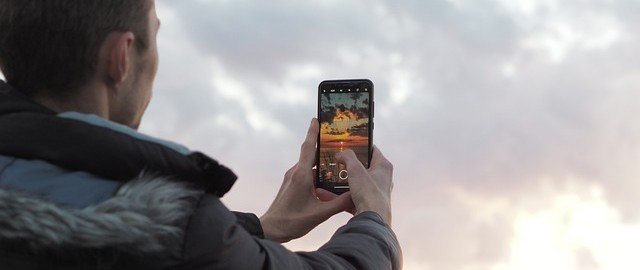
Technology is developing rapidly. Everything is changing. Self-driving cars are being tested by most automakers, especially those which want to target an upper market. Everybody, from regular consumers to online sportsbooks, is using technology to make the best of the world. Sportsbooks dish out promotion codes to attract customers while football and other sports use AI technology to help them achieve better refereeing.
AI technology, in general, is transforming the world. Even mobile phones are benefiting from AI technology. One of the first ways to test AI technology on mobile phones is with cameras. AI cameras have been present for a while now and here is how they can help you get a better shot.
What is an AI Camera?
Firstly, smartphones are equipped with AI processors which help them make better shots. Secondly, these AIs are evolving lines of code that learn from the millions of available photos and videos in order to make the best possible scene. AI cameras are simply put, software that helps the casual user, as well as more experienced ones, take photos and videos without having to manually worry about every aspect of the process of photography and videography.

Are AI Cameras Good for Casual Users?
AI cameras are the next step in the evolution of the AUTO mode. The AUTO mode uses some predetermined lines of code that are able to work out, to a certain extent, where to apply which settings.
AI cameras, on the other hand, know to recognize scenes, meaning whether they should apply filters to enhance what is already present, whether they should blur the background or anything else, creating a somewhat fake bokeh effect. They can also help with the choice of the more complicated balance of ISO and shutter speed, not to mention whether to enable HDR or not. An AI can do this in under 100ms while we would need more time. Casual photographers and those who just want to take a snapshot are better off using AI cameras.
What About Professional Photography?
Professional photographers could benefit from AI cameras, but they are still a long way off from actually doing a professional’s job for them.

A professional has years of experience and they already know which buttons to press and which settings to choose for a selected scene. Moreover, they know which settings would work better for which type of photography. An AI does not know whether you are taking a nature shot for your own pleasure, a science magazine, a fashion magazine, or just as a background to be sold online. Depending on the end goal of a photo, professional photographers will know which filters, if any, to apply to a photo, as well as to choose the optimal white balance for a given task.
And the Future?
In the future, AI cameras will most likely be much more developed, as processors get smaller and more powerful and as we get more storage space. You could very well fit an extremely powerful AI into a professional camera, which could in theory help a professional do their job much better, rather than hindering them in the process.
Casual people taking photos would benefit from this, as well, as every photo would look about as good as it possibly can, without paying more for an experienced photographer.
AI is the future and photography is benefiting from it, even today.
